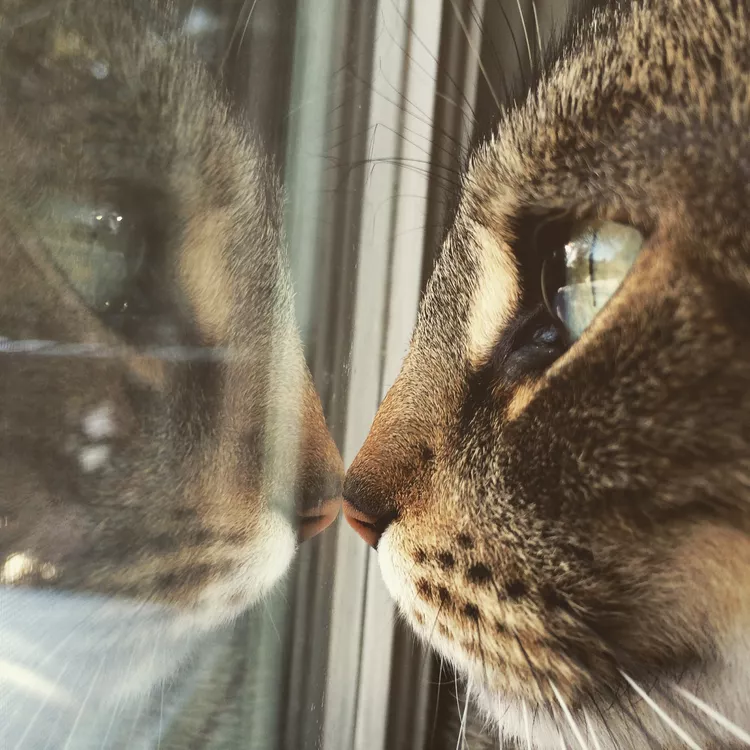
Cats exhibit quirky behavior at times, but owners who know their cats' habits will easily recognize signs of inappropriate mentation. If a cat seems unusually confused, disoriented, or uncoordinated, then a visit to the vet is warranted. The cat could be suffering from acute sickness, a neurological disorder, or exposure to an environmental toxin, causing abnormal behavior.
Inappropriate mentation is a broad term that refers to behaviors induced by disrupted cognitive functioning.
Brain "misfiring" can manifest in a variety of abnormal behaviors. Sometimes these issues appear suddenly, caused by an injury or inflammation. Chronic brain disorders may induce gradual changes in behavior that worsen over time, resulting in a compromised quality of life.
Cats learn by remembering. But a kitten who suffered a head injury early in life may have damaged the portion of the brain that affects short-term memory. A traumatic brain injury could account for difficulty remembering the location of food bowls or litter boxes. It can also explain an unsteady gait, lack of coordination, and balance problems.
Traumatic injuries can also cause stunted growth. So a new pet that seems to be on the smaller side for its age and breed, or a kitten who fails to grow, may have previously suffered an injury.
Neurological disorders can also cause disorientation, pacing, and confusion just following an episode. And old age can result in senility, presenting as forgetfulness, anxiety, and uncoordinated behavior.
There is much debate over whether or not a cat can have a mental illness. If your cat's behavior seems "off," it could be ill or could have a problem with its nervous system. Possible causes of inappropriate mentation include:
At the vet's office, any potential brain injury is treated as an emergency, especially if it was a result of recent head trauma. In addition to stabilizing your pet, the vet will perform an exam to evaluate your cat's neurological system, including an MRI or CT scan, which will also help rule out inflammatory conditions or tumors.
In the case of environmental toxin exposure or a seizure disorder, blood tests will help determine if there is organ damage (specifically to the kidneys or liver). Blood work will also indicate whether or not there is a metabolic problem causing seizures. Severe seizure cases may require an EEG to measure the electrical activity in your cat's brain.
Any cat that suffers a potential head injury needs to be examined by a veterinarian. A vet will first stabilize the injured kitty using IV fluids and oxygen. However, a full recovery is not always guaranteed.
Cats exposed to environmental toxins are often in danger of dying. Treatment by a vet may include induction of vomiting, charcoal to absorb the toxin from the gut, and IV fluids and medication.
For seizure disorders, a vet will prescribe medications to control the seizures.
There is currently no cure for feline dementia or senility. Maintaining a good routine, providing options for exercise, and feeding your cat high-quality food will help treat further decline. Supplements like omega-3 fatty acids, SAMe, and melatonin may improve brain function in older cats.
The prognosis for cats with brain disorders varies according to the type and severity of the malfunction.
After a brain injury, your cat may act differently, lose its coordination, or exhibit a personality change. If this happens, the best you can do is provide a loving and supporting environment, reduce stressors, and eliminate unpredictable events as much as possible. Observe your cat's limitations and provide a lifestyle that works within them.
Acute illnesses, inflammation, tumors, or toxins can be life-threatening and their prognoses depend on treatment options. Seizure disorders are often manageable with lifelong medication. Senility is incurable, but some senior cats can maintain a good quality of life with supportive care.
While there is little you can do to prevent brain injury, seizure disorders, or senility, you can help support proper brain health in your cat's developmental years. Early nutrition greatly influences kitten development, so feed your kitten high-quality food. Also, provide your kitten opportunities to exercise and sharpen its skills to create greater coordination down the road.
Also, restrict your cat's access to household toxins such as rat poison, cleaners, fertilizers, poisonous garden plants, or pesticides.
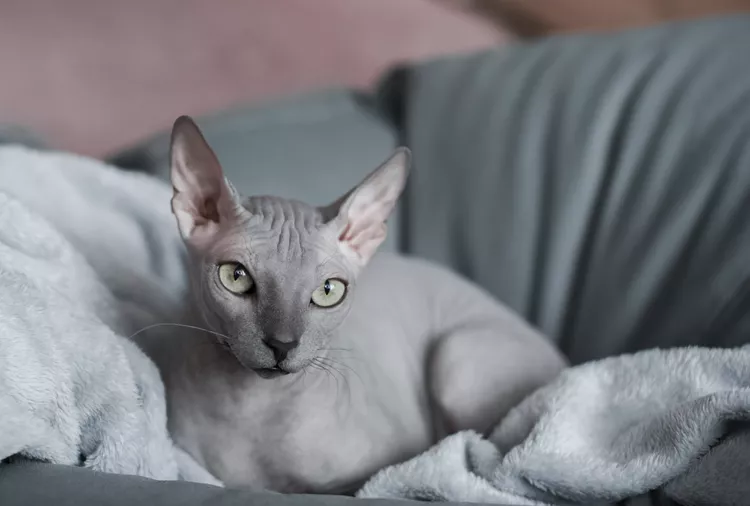
212 Hairless Cat Names For Your Beautifully Bald Feline
Discover the perfect name for your hairless cat with our list of over 200 creative and unique names. From quirky to classic, find a fitting choice for your beautifully bald feline companion.
8 Things Your Cat Loves
Just like humans, cats can have a long list of things they like. Find out what cats love so you can keep your cat happy and healthy.
How to Tell If a Kitten is a Boy or a Girl
If you're wondering whether your new kitten is a boy or a girl, here are three ways to help determine the sex of your cat.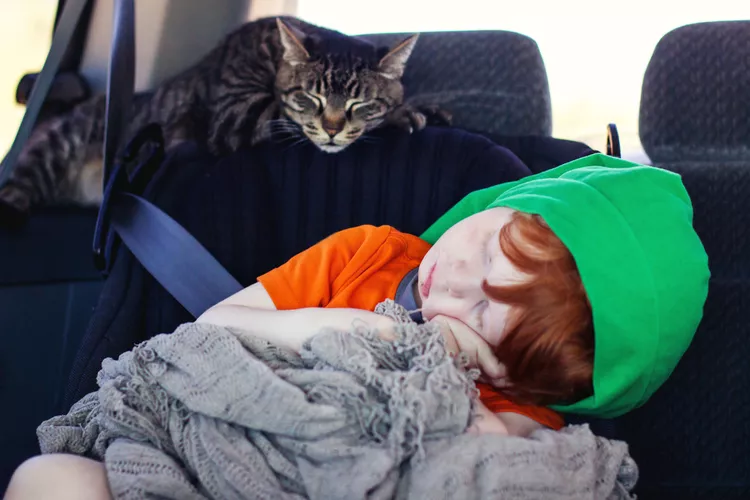
8 Tips to Help Cats Enjoy Car Travel
Cats are creatures of habit, and they hate to travel. Learn tips to prepare them for travel in the car, whether going to the vet or on vacation.
Common Causes of Mucus in Dog Poop
Seeing mucus in your dog's poop can be concerning to a dog owner. Here are common causes and treatment of mucus in a dog's stool.
Is Shrimp Bad For Dogs?
Shrimp can be a healthy, nutritional food for people but can dogs eat them, too? What are the main concerns with feeding shrimp to your dog?
Can Dogs Eat Grapes?
Are grapes safe for dogs? Grapes and raisins can cause serious toxicity in dogs. Find out what to do if your dog eats grapes.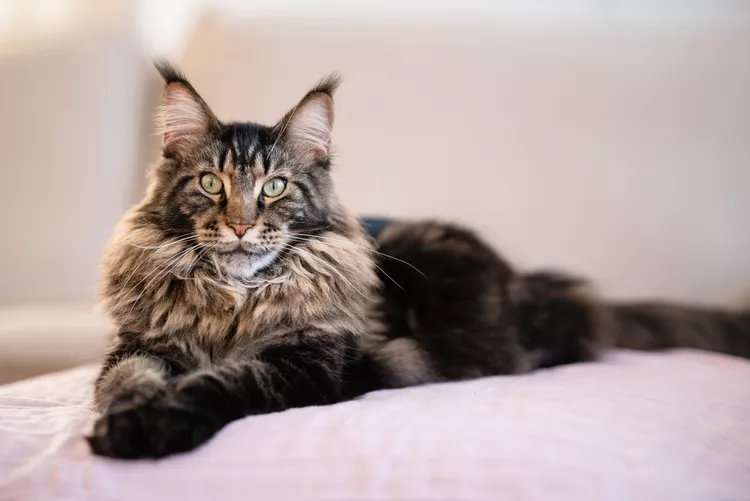
Maine Coon Cat: Breed Profile, Characteristics & Care
The Maine Coon cat is of the largest cat breeds in the world. These amiable, gentle cats make great companions. Learn about the Maine Coon cat breed's appearance, temperament, health, and care needs.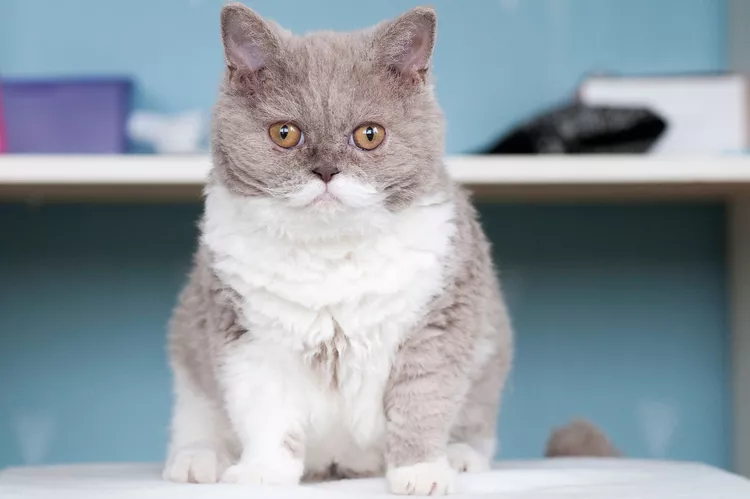
Selkirk Rex: Cat Breed Profile, Characteristics & Care
The Selkirk Rex is a charming cat with a tousled coat and a loving, laid-back personality. Learn about the Selkirk Rex breed.
How to Stop Your Cat From Chewing Electrical Cords
Cats are known to pounce and attack inanimate objects, like electrical cords. Learn how to prevent your cat from ambushing objects that may harm it.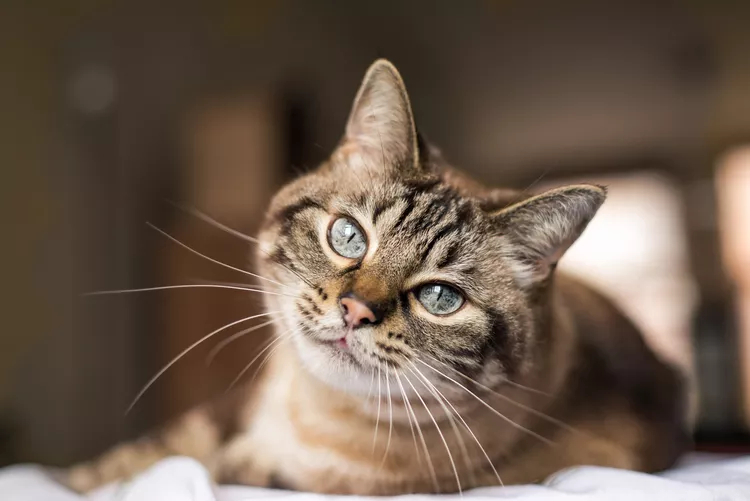
What Do Cats Think About?
Have you ever wondered what cats think about? A number of studies have explored cat behavior and feline cognition, but there's still more to learn.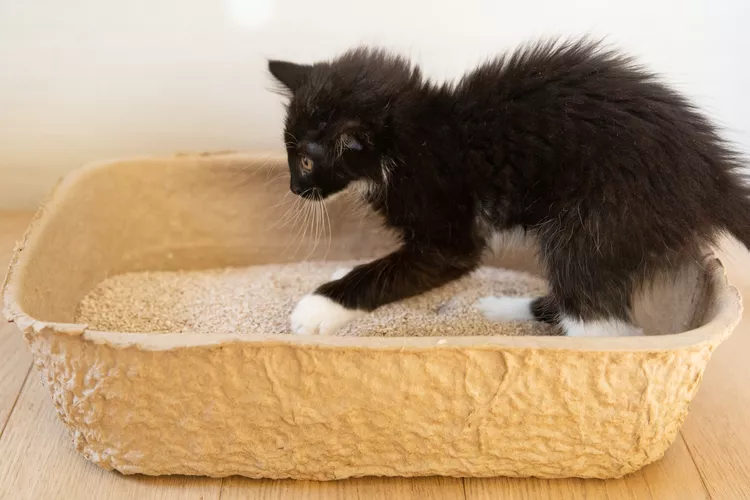
Training Your Kitten to Use the Litter Box
Bringing home a new kitten means they need to learn how to properly use a litter box. Discover how to successfully litter box train your kitten.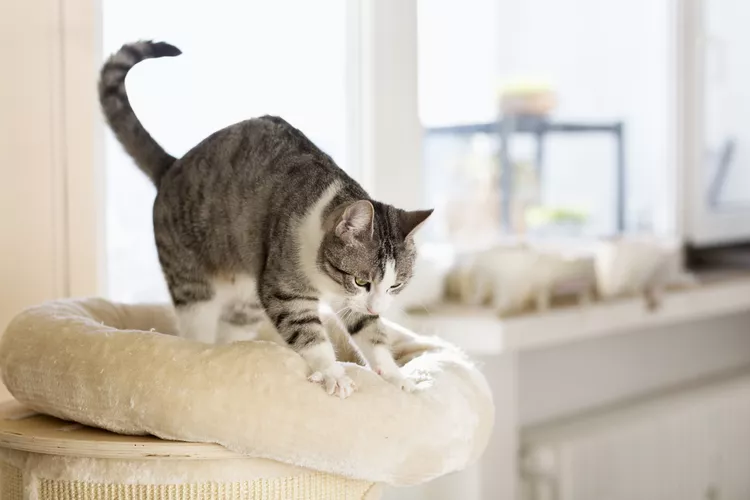
Why Do Cats Knead?
Kneading is a common behavior in cats of all ages. Learn why cats "make biscuits" and what it means for you, your cat, and all your blankets.
Dandie Dinmont Terrier: Dog Breed Characteristics & Care
Learn about the Dandie Dinmont Terrier, a silky dog breed with a signature puff of hair atop its head and a friendly, companionable personality.
Tibetan Mastiff: Dog Breed Characteristics & Care
Learn about the Tibetan mastiff, an ancient guardian dog breed. This breed is known for their massive stature, flowing mane, and protective personality.
4 Reasons Why Your Dog Licks Their Butt
Butt-licking in dogs can be a part of normal grooming, but excessive butt-licking is not normal. Read about the most common reasons for this behavior.
How to Teach Your Dog the "Leave It" Command
Training your dog the "leave it" command is a great way to instill self-control. Learn how to teach your dog to not pick things up from the ground.
How to Solve Your Dog's Fear of Car Rides
Is your dog scared of car rides? This fear of riding in cars is common. Learn why your dog is scared of car rides and how to help conquer this fear.
Can Dogs Get Depression? How to Help Your Sad Dog
Can dogs get depression? Learn about the signs of depression in dogs and find out how to help your sad dog.
How to Play Tug of War With Your Dog
Many dogs love to play tug of war, and it's a healthy game that provides great exercise. Learn the best way to safely play tug of war with your dog.